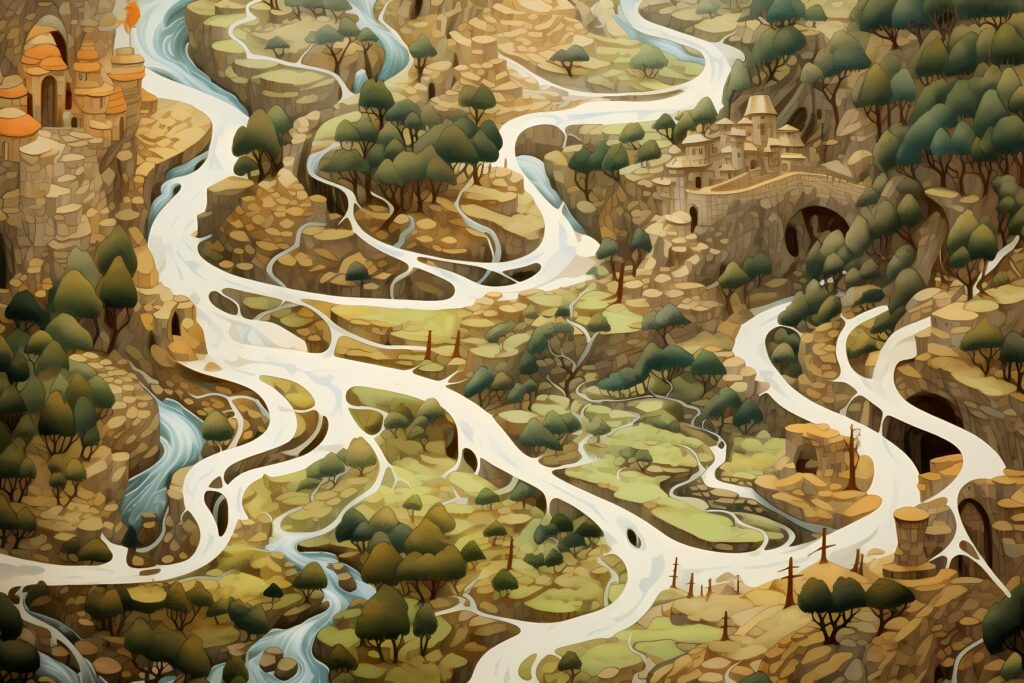We live in an age of information, where knowledge is just a click away. But does having easy access to information make us wiser? Not necessarily. The Journey to Wisdom involves five steps. In today’s blog post, we’ll explore the subtle yet crucial differences between knowledge and wisdom and understand why learning involves much more than just what you know.
Journey to Wisdom – What Is Knowledge?
Knowledge is accumulating facts, skills, and information acquired through experience, education, and training. It’s knowing how to solve a mathematical equation, the capital of a country, or how to code a website. But while knowledge is essential, it’s not the end-all, be-all.
Many people know about a subject. However, being able to apply their knowledge is crucial. That skill comes through practice, so people should strive to hone their learning.
What Is Wisdom?
Wisdom goes beyond knowing facts or having skills. It’s the ability to apply knowledge meaningfully, discern right from wrong, and make choices that benefit us and those around us. Wisdom involves perspective, empathy, and the ability to learn from experiences.

You can gain wisdom every day. Most people learn some through direct experience, and you can gain more by diving deep into the works of the wise. It’s worth exposing yourself to classic ideas that stand the test of time.
The Intersection of Knowledge and Wisdom
Think of knowledge as a toolbox. Wisdom is knowing when, where, and how to use each tool effectively. A toolbox crammed with tools (knowledge) is excellent, but you need to learn how to use them wisely.
Real-World Example
Imagine you’re a skilled carpenter (knowledgeable) but lack interpersonal skills (wisdom). You might create incredible furniture but need help understanding client needs, collaborating with others, or resolving conflicts. That’s where wisdom comes into play, filling in the gaps that pure knowledge can’t cover.
How To Cultivate Wisdom
Consider five steps anyone can take to acquire wisdom. You can start doing any or all of these immediately. Once you do, you’ll find your ability to think expands.
- Self-Reflection: Spend time contemplating your actions, decisions, and experiences.
- Learn from Others: Surround yourself with people you admire, not just for their knowledge but for their wisdom.
- Empathy and Compassion: Develop a deep understanding of people’s emotions and conditions.
- Adaptability: Learn to adjust to new situations and think before reacting.
- Humility: Understand that you don’t know everything and be open to learning and growth.
There’s no shame in not knowing something. You should always feel right about a gap in your knowledge. You can always learn more! People who are lifetime learners never give up on acquiring knowledge. As they do, their wisdom and practical know-how grow.
Be Wise
Wisdom is the profound ability to navigate life’s complexities with a keen understanding of applying what you know. It enriches your life, deepens your relationships, and often leads to a more fulfilling existence.
So, go ahead—accumulate knowledge. But remember, the journey to true wisdom is a lifelong endeavor far beyond the facts you know. This post helps you see the intrinsic value of understanding and inspires you to cultivate it in your own life. Until next time, keep learning and growing!
Updated 11/11/2023





